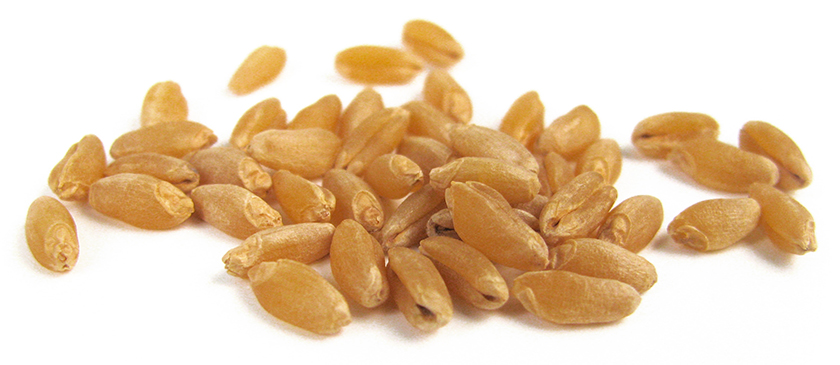Decoded Durum Genome Opens Doors to Potential Improvements
In April, the results of a study by a consortium of researchers from seven countries was published in “Nature Genetics” describing the sequence of the entire genome of an Italian durum wheat variety called “Svevo.” Durum breeders suggest this is an important finding that will help speed development of new, improved varieties of the crop that provides semolina for high quality pasta products.
“We can now examine the genes, their order and structure to assemble a blueprint that provides an opportunity to understand how the genes work and communicate with one another,” said University of Saskatchewan wheat breeder Dr. Curtis Pozniak in a statement from the consortium. “With this blueprint, we can now work quickly to identify genes that are responsible for the traits we select for in our breeding programs such as yield, disease resistance, and nutritional properties.”
Calling the work ground-breaking, another spokesperson for the consortium said it “will lead to new standards for durum breeding … paving the way for production of durum wheat varieties better adapted to climate challenges, with higher yields, enhanced nutritional quality and improved sustainability.”
“This is good news for durum breeders,” said Dr. Elias Elias, Distinguished Professor, J. F. Carter Durum Wheat Breeding/Genetics, with the Plant Sciences department of North Dakota State University (NDSU). “We do know much about the positive traits we want to express. Now, with the complete genome map, we will be able to identify the specific gene or markers for the genes responsible for the traits in a much more precise way.”
For example, the team that decoded the genome said they had discovered the gene that causes the durum plant to take up cadmium, an undesirable trait. Dr. Elias said NDSU has already introduced durum varieties with low cadmium uptake. With the specific gene identified, breeders can more quickly select for varieties without the undesirable trait for conventional breeding methods or, perhaps in the future, precisely alter an undesirable function through gene editing to bring improved varieties to farmers more quickly.
USDA, which also administers export market development programs through its Foreign Agricultural Service, contributed some funding for the genome study. More information is available online at https://bit.ly/2LqBCsk.

Scientists have recently mapped the complex, polyploid genome of hard amber durum, grown in the northern U.S. Plains and Desert Durum® grown in the desert Southwest, produces semolina for premium pasta products, couscous and semolina bread. This class evolved from wild emmer wheat and was established as a prominent crop up to 2,000 years ago.


